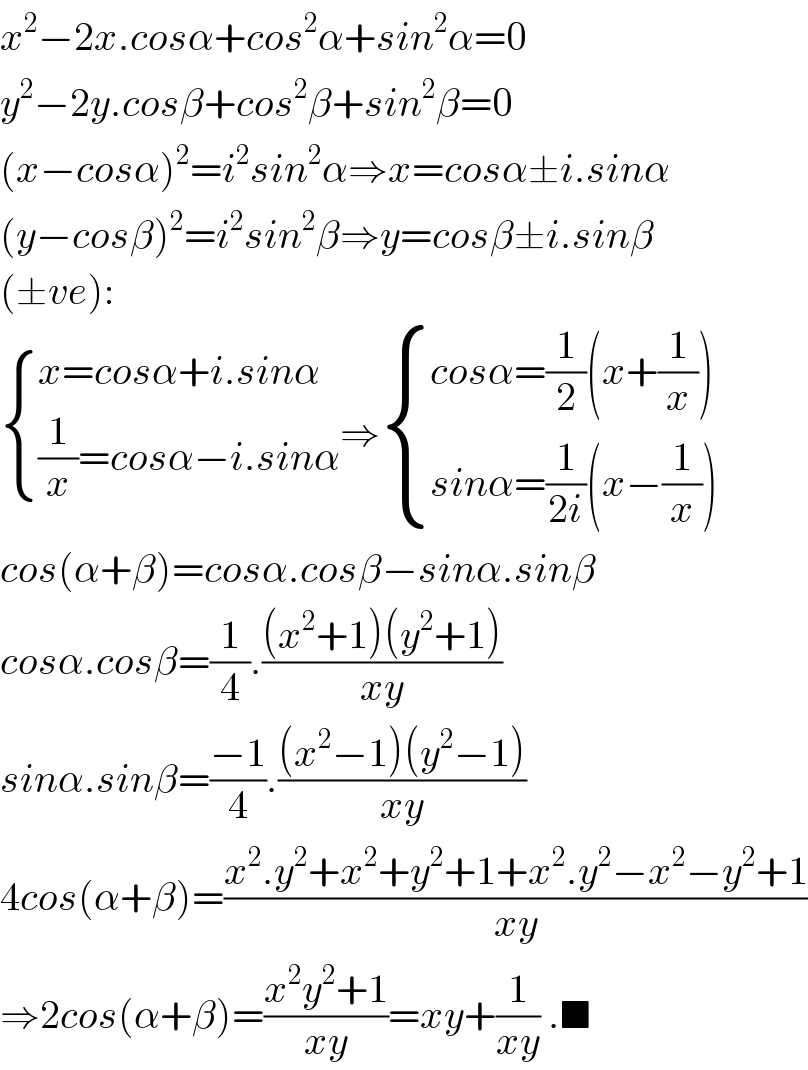
Question and Answers Forum
Question Number 29413 by math solver last updated on 08/Feb/18

Commented by math solver last updated on 08/Feb/18

Answered by beh.i83417@gmail.com last updated on 09/Feb/18

Commented by math solver last updated on 09/Feb/18

Commented by beh.i83417@gmail.com last updated on 09/Feb/18

Commented by math solver last updated on 09/Feb/18

